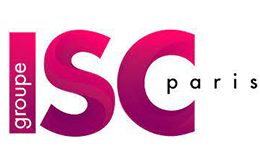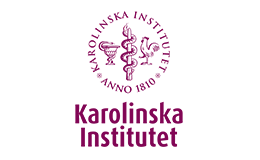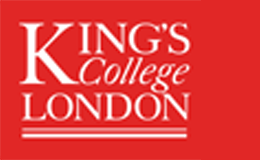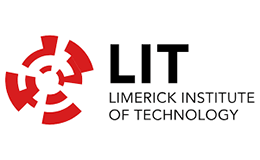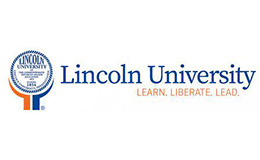What is the education system like in Belgium?
EDUCATION SYSTEM IN BELGIUM

EDUCATION SYSTEM IN BELGIUM
-
Education in Belgium
There are three different languages spoken in Belgium – Dutch, French, and German. These language communities have their own regulations regarding the education system. However, the compulsory school age in Belgium is between six and 18. There are also free pre-primary school facilities for children age 2, 5, and above. The main types of institutions are – Community Schools, Subsidized Public Schools, Subsidized Private Schools, and Fee-Paying Private Schools. Children or their parents are required to enroll within 60 days of their registration in the municipality. Documents required are –
- Proof of identity
- Residence visa for Belgium
- Proof of vaccinations
- Address proof
- Academic records – if any
-
Pre-school education
As mentioned above, preschool education is for children age 2, 5, and above. Pre-school education is not compulsory but can be useful in the future for the better development of the child. Nurseries and pre-schools provide free childcare for working parents that prepare children on an educational and social level. More than 90% of children attend pre-schools in Belgium. However, the seats or places in renowned schools are limited.
-
Primary education
Compulsory education is divided into primary and secondary education. Primary education is for children age 6 to 12. Children receive an assessment from local departments for each level of education and help them to understand if they are ready to move forward. On completion of primary education students receive a certificate of primary education known as Certificat etudes de Base (CEB). Also, public and private primary schools have different ways of executing primary education.
-
Secondary education
- Secondary education is compulsory for students of age between 12 and18. However, after 16 years of age students can choose for part-time studies or vocational or technical training.
- While specializing, the courses taken by students focus on one of four areas –
-
General education – prepares students for higher education through training theory and general knowledge.
-
Technical education – similar to general education but emphasizes technical teaching and practice.
-
Vocational education – profession-oriented, mainly focuses on practice and access to a profession after completion. Additional one or two years may be given as a fourth degree.
-
Art education – similar to technical education but elective options are mostly related to arts and non-technical subjects. Students can go for higher education in institutions depending on the subject studied.
-
Tertiary or higher education/ Graduation
Tertiary education consists of university 1st stage of bachelor’s degree education of 2 – 3 years (180 ECTS credits) followed by university 2nd stage of master’s degree education of 1-2 years (60 to 120 ECTS credits). After completing a master’s degree students can choose to pursue a doctorate (Ph.D.) awarded by universities in Belgium. Students who want to pursue programs/degrees in medicine, dentistry, arts, and engineering sciences may have to go through various entrance guidelines and exams. The Diploma van Secundair Onderwijs – in Dutch is awarded on completion of secondary education that provides entry to higher education.
-
International Baccalaureate in Belgium
Various qualifications for graduating students are provided by international schools that include A-levels for British schools and the International Baccalaureate (IB). IB is recognized by higher education institutes and taught in several primary and secondary schools in Belgium.
If you wish to study abroad, please connect with Whizstorm for the best international career plans.



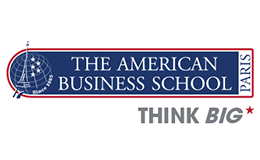
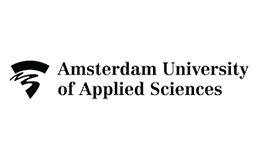
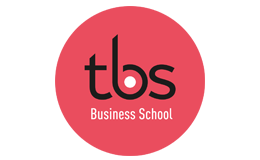
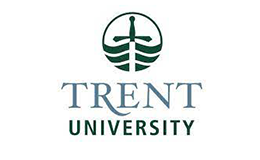
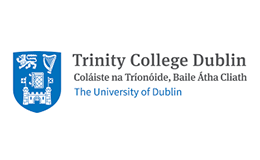

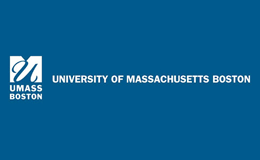

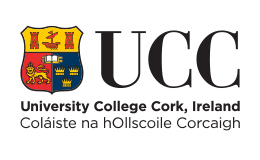
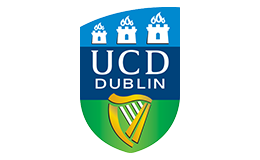
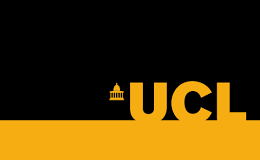
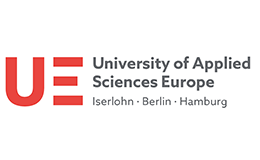
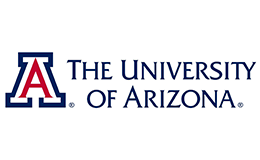
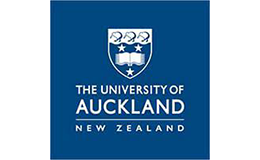
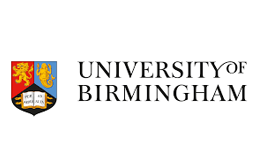
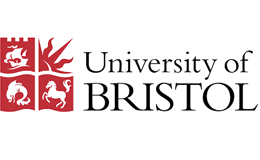
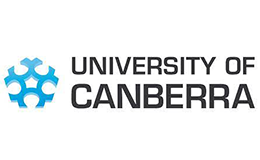
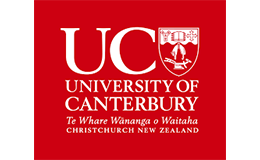
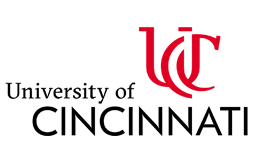
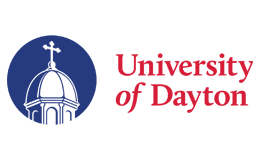

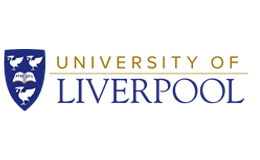
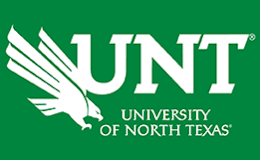
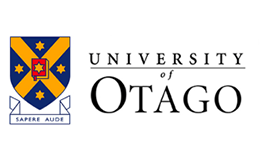
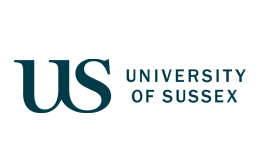
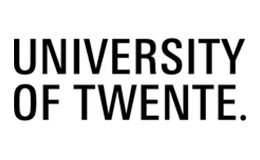
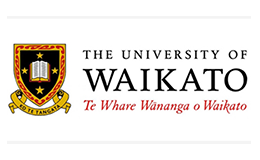
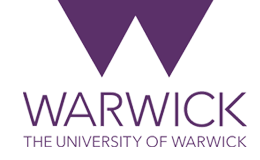
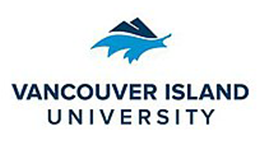
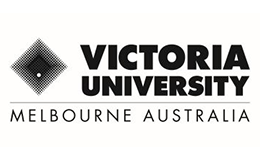
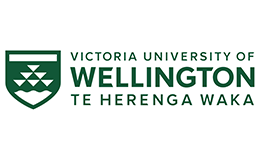
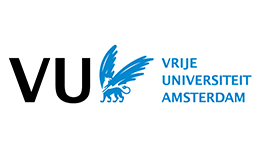

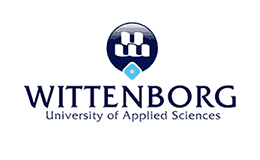
.png)
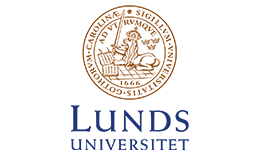
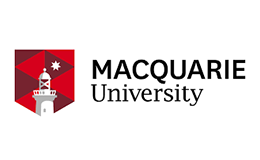
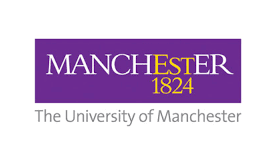
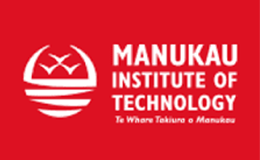
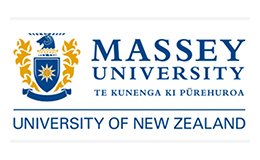
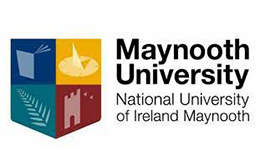
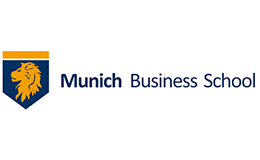
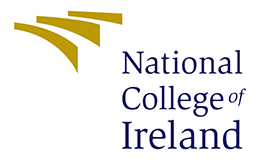
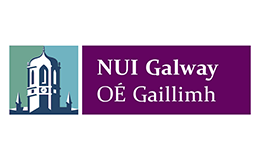
.png)
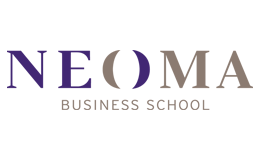
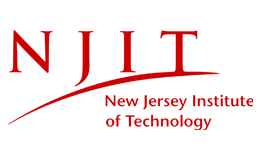
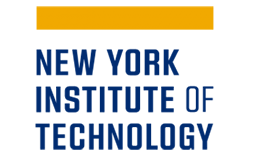
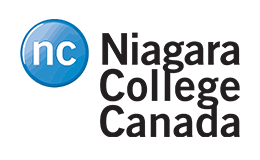
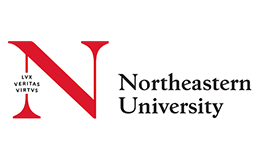
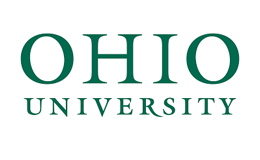
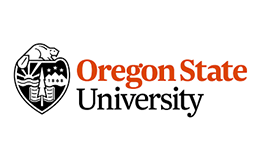
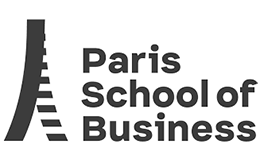
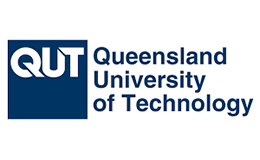
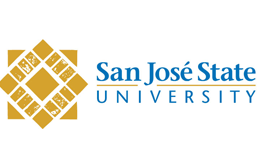

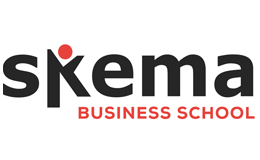
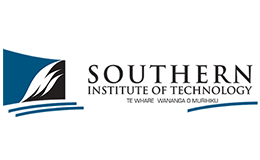
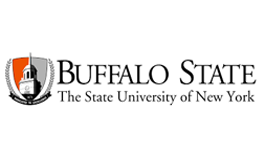
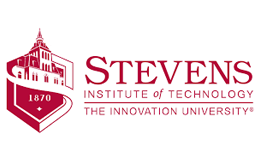
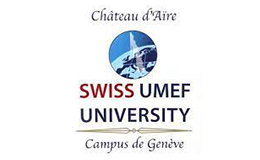
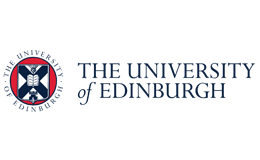

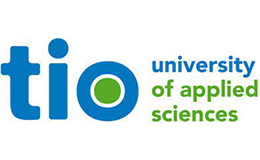
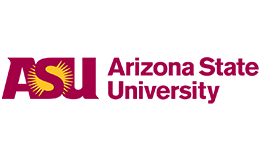
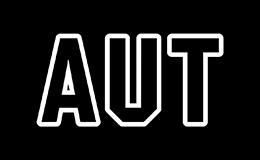
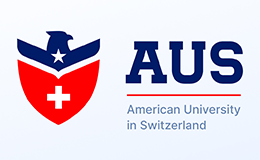
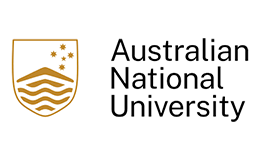
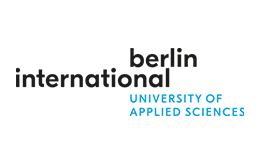
.png)
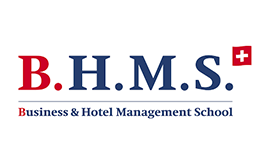
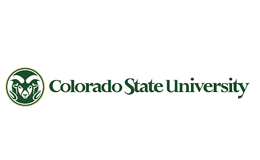
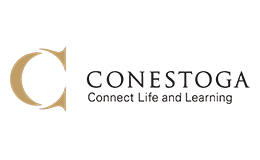
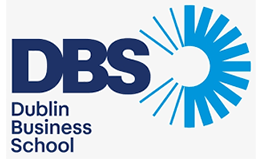
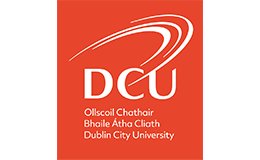
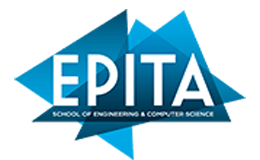
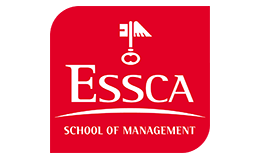
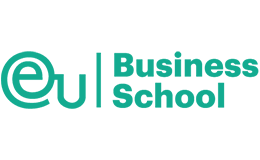
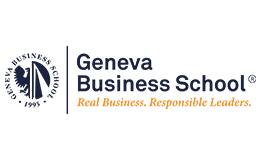
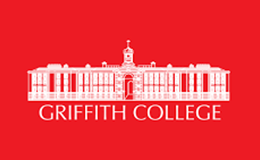
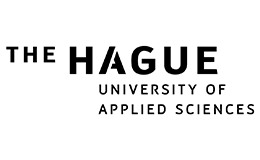
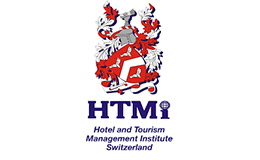
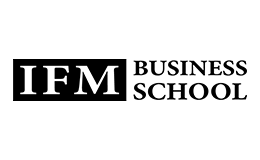
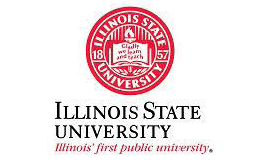
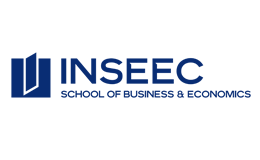
.png)
